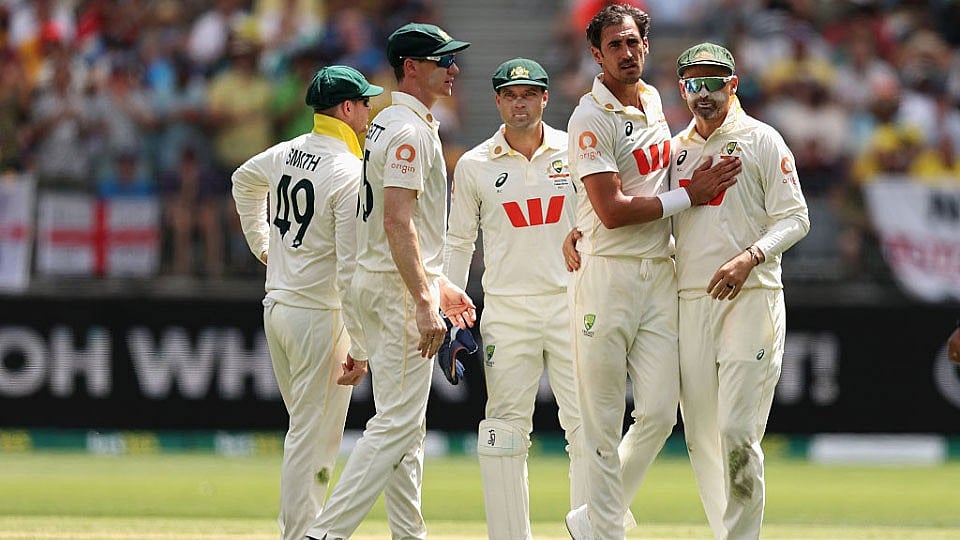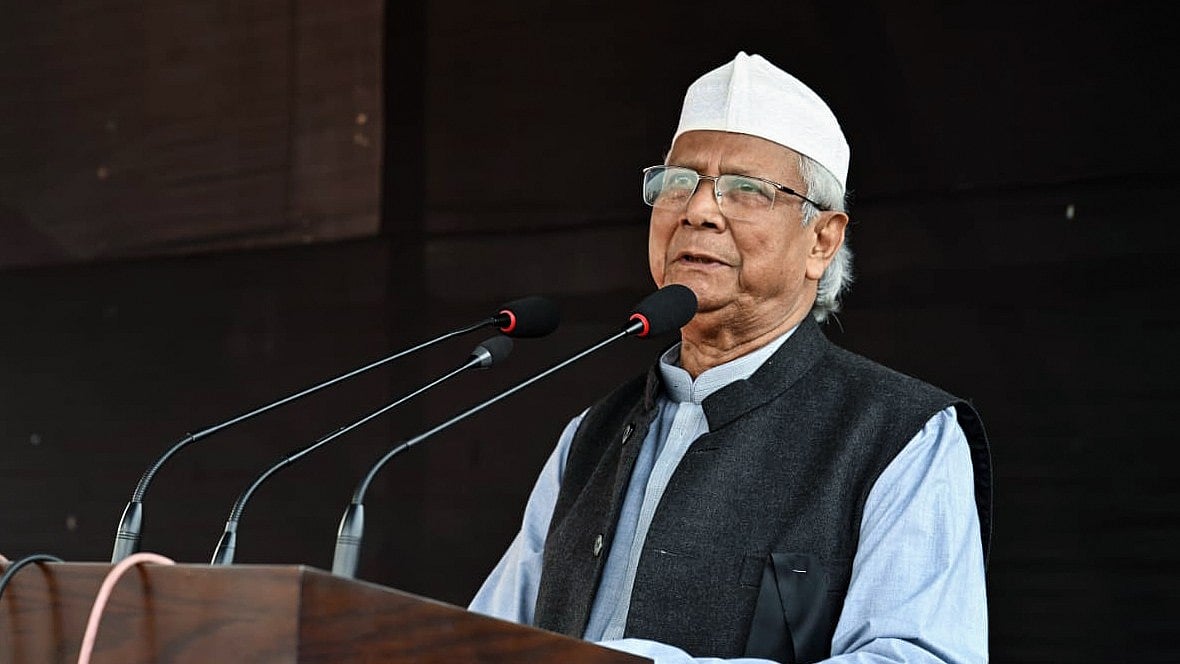After three days of brazen denials, Iran last Saturday admitted that it did indeed shoot down the Ukraine International Airlines plane, killing 176 people on board. However, it still insisted it was a ‘human error’. The human tragedy occurred on Wednesday, hours after Iran had rained missiles at an empty US military base in Baghdad in retaliation for the killing of its key military commander, Major General Qasem Soleimani, in a drone attack the previous week. Immediately after Iran’s admission, a number of questions arose about its handling of the disaster, calling into question its basic civil and military aviation practices. It is argued the three-year-old Boeing 737-800, which had taken off from the Teheran airport minutes earlier, was mistakenly believed to be a hostile aircraft. Fearing retaliation after the missiles strike, Iran was on high alert. In that case why the civilian airspace was not closed was a huge lapse. No answer was available, though a commander of the Revolution Guard said he had suggested this to his superiors. However, no less shocking was Iran’s conduct after the diaster. Instead of meticulously securing the crash site where the debris of the plane had fallen and collecting mangled human body parts and bodies with due dignity, it hurriedly in a higgledy-piggledy manner put everything in plastic bags and ran a bulldozer over the site. This further confirms that from the moment of the crash the authorities were engaged in a cover-up, hoping to blame the disaster either on technical or pilot failure. Iranians initially suggested the plane had swerved from its designated flight-path. There were over 70 Canadian citizens of Iranian descent and about the same number of Iranian citizens among the victims. Prime Minister Justin Trudeau in his first remarks did not name Iran but hoped that an impartial investigation would be conducted to find the cause of the crash. US President Trump while refusing to be drawn into a controversy, too suggested that an honest probe alone would help find the truth behind various rumours about the cause of the crash. Ukraine President Voldymyr Zelensky demanded an independent investigation. However, Iran stonewalled the demand for a probe by outsiders, insisting it was competent to do so without foreign involvement. Ukrainian authorities had to use severe pressure to send a team of its experts which while rummaging through the debris chanced upon a piece of cockpit through which a shrapnel of the ballistic missile had pierced the aircraft. This was clinching evidence of the Iranian complicity in not only shooting down the civilian airliner but then engaging in a crude cover-up. Even before the discovery of the missile-hit debris, satellite images of a missile hovering dangerously close to the flight path of the ill-fated plane were shown across the globe. In short, Iran had disgraced itself by its human error and the subsequent effort to cover up its monumental folly.
Since the admission by Iran, its top leaders have offered peremptory apology, though Foreign Minister Javad Zarif still blames ‘American adventurism’ for the disaster. Calls for Iran to make amends, to offer apology to the next of kin of the deceased, to pay compensation to the families of the victims hopefully will be met positively. But surprisingly what has struck observers is the angry reaction of the average Iranian. Baring the deep-seated disenchantment with the regime, people have burnt effigies of Supreme Leader Ali Khamenei, calling him a liar and a killer. Coming within days of the funeral of military commander Soleimani when the entire nation seemed to be out on the street mourning his death, and chanting ‘death to America’, the sharp mood change is significant. Not only is the regime unpopular, but despite its effort to put a brave front economic sanctions are now crippling Iran’s economy. Yet, so mulish is the Shia nation’s leadership that it spends a considerable portion of its shrinking oil revenues in fomenting trouble in the Middle East through its proxy militia groups. That the ruling Ayatollahs are under pressure from the rising popular unrest is not in doubt. The detention of the British ambassador in Teheran for a couple of hours at the week-end till he was released after direct British Foreign Office intervention is yet another sign of the growing insecurity of the religious extremists ruling Iran. The plane disaster can only make the religious zealots unpopular with the people demanding accountability and relief from a regime of shortages and economic hardships. A regime change in Iran may be still sometime away but a desperate and restive population does not bode well for the ruling religious zealots.






